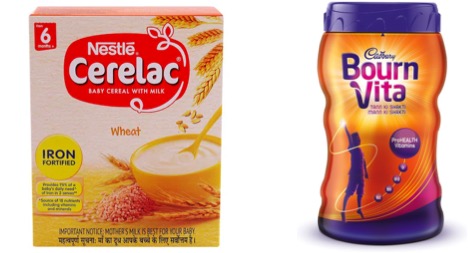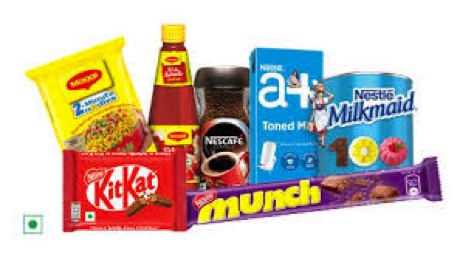Nestlé’s baby food brand Cerelac has found itself in the eye of a storm with a Swiss investigative organisation saying it contained high levels of added sugar in the products sold in India and other developing markets. As samples from the brand tested in European markets found no added sugar, Nestlé had to field uncomfortable questions about the disparity in product quality in different markets.
Its spokesperson said that the company has reduced added sugar by 30% over the last five years, but industry observers are asking if that is enough. Damage control alone will not work at this point, says Nisha Sampath, managing partner, Bright Angles Consulting. “The brand custodians need to work on developing healthier, low sugar innovations for kids, if they want to continue to operate in the health and nutrition space. D2C brands like Slurrp Farm are carving out niche markets with healthier options for kids, and there is potential for this market to grow bigger,” she states.
It’s not just Cerelac. Health drink brands, largely targeted at children such as Bournvita, have also come under scrutiny after the ministry of commerce and industry asked e-commerce firms to delist all such drinks from the ‘health drinks’ category on their platforms. Touting these brands as healthy is false positioning and a serious betrayal of consumer trust, observes N Chandramouli, CEO at TRA Research. “To do this is to betray consumer trust and it will have a long-term impact on the brands. There needs to be clearer labelling of ingredients and added sugar. Often that information is almost illegible,” he says.
Reacting swiftly, Hindustan Unilever rebranded its Horlicks and Boost offerings as “functional nutritional drinks”. Neeraj Bassi, chief growth officer, Cheil India, says while taking them off the ‘health drinks’ segment on e-comm sites might not impact the brands, they need to revisit their positioning and ensure that their campaign messaging is in sync with the ingredients.
Experts are uncertain if the brands in question or even the parent brands will see any major negative impact on the back of these recent events. Anuya Jakatdar, co-founder of Bare Bones Collective, observes that these companies have great advertising prowess, so while some consumer groups will be up in arms over the recent news, it is uncertain if there will be any major impact on the brands’ target group and its choices. Manan Malik, director for strategy and growth at Social Panga, believes they will continue to dominate the market as long as they mend their ways and do not deceive consumers with false positioning and claims.



























